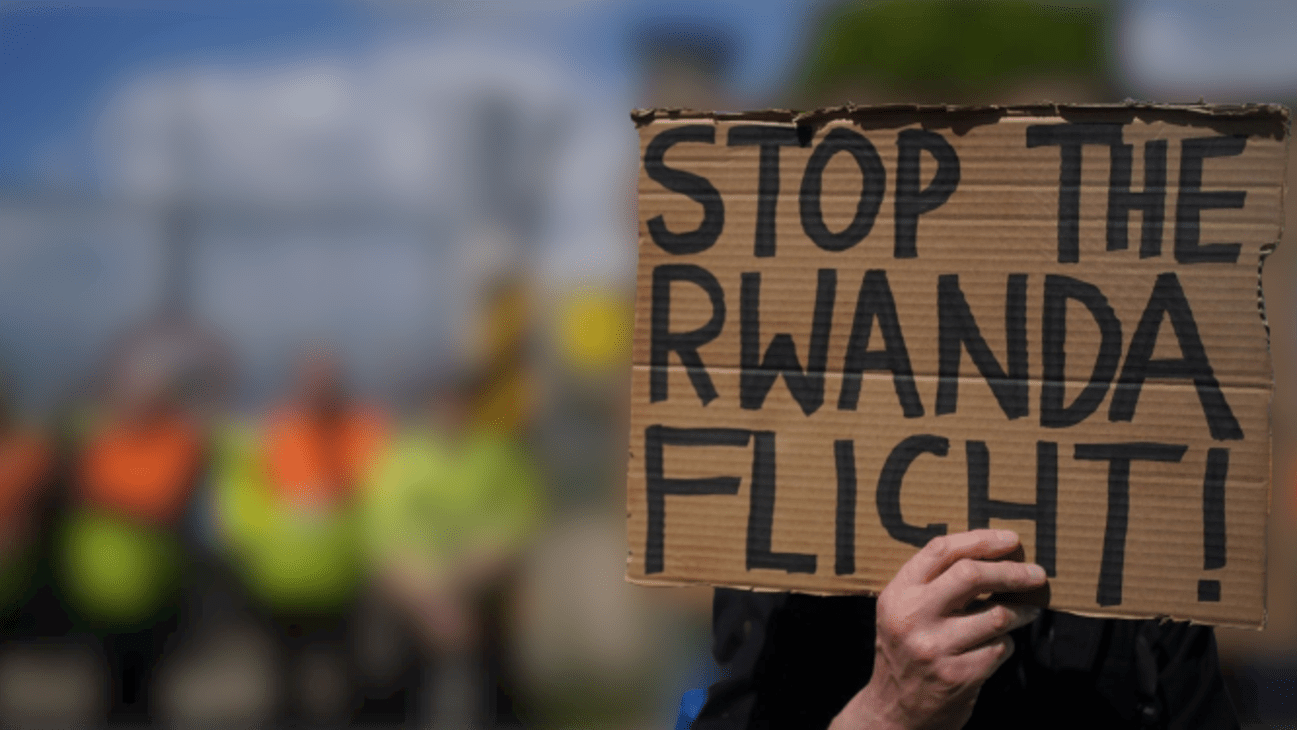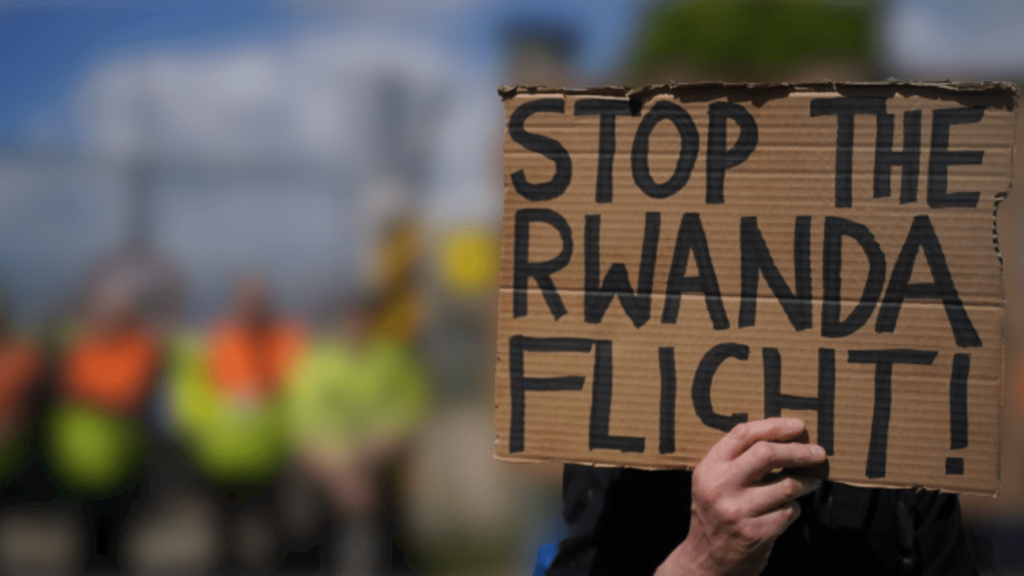
UN Criticizes Britain’s Controversial Refugee Policy, Warning of Serious Consequences The United Nations has blamed Britain for its controversial immigration law, issuing a warning that it could have severe consequences for individualities in need of transnational protection. UN High Commissioner for Deportees, Filippo Grandi, condemned the legislation, labeling it a violation of transnational law, and advised that it could expose deportees to significant pitfalls.

He stated that the proposed unlawful immigration bill, which has formerly been passed by the congress and is awaiting royal assent from King Charles III,” deviates from the country’s liabilities under transnational mortal rights and exile law, with serious counteraccusations for individualities in need of transnational protection.” Grandi also emphasized that this bill would set a dangerous precedent, potentially impacting other countries in Europe to follow suit.
The legislation would effectively declare all claims for shelter from individualities arriving through illegal channels, including British channels and other unauthorized routes, as unlawful. It would also lead to their expatriation to either their country of origin or a third country, similar as Rwanda. Several opposition politicians, attorneys, and mortal rights groups have vehemently blamed the plan, calling it inhuman, cruel, and ineffective.
The Scottish Refugee Council, a charity furnishing advice and services to deportees in Britain, expressed its concern through a tweet, stating that the imminent passage of the illegal immigration bill is disastrous. The Council’s CEO, Anwar Solomon, also raised his review, describing the overall bill as impracticable and potentially assessing heavy costs on mortal suffering and taxpayers. The government argues that it aims to discourage people from entering Britain through unauthorized means to claim shelter.

Regarding Rwanda, the prospect of enforcing the proposed expatriation breakouts is uncertain until the end of this time, pending the Supreme Court’s decision on its legitimacy. Rwanda’s shelter system faces significant failings, casting mistrustfulness on the viability of returning individualities to their home countries where they may face persecution or other inhuman treatment, despite the Rwanda’s government asserts that it is a secure third world nation.
Ian Duncan Burnett, the Lord Chief Justice of England and Wales, presided over the morning of a£ 140 million deal with Rwanda last time. The European Court of Human Rights baffled the original planned expatriation flight a time ago at the last nanosecond.
Last time, a record 45,755 people arrived in Britain on small boats, primarily from France. This time, over 12,000 people have formerly made the trip, matching the rate of 2022. Prime Minister Rishi Sunak, who pledged to stop the boats, claimed that the Rwanda plan would have a significant truculent effect, showing that no person arriving in the UK unlawfully would be granted authorization to stay. Some judges believe that the Tory government’s decision to pursue this bill incompletely stems from their poor conditions in recent choices.
The Conservative Party, being before in recent choices, makes it largely doubtful for them to win the coming general election. We need change, but actually, I do not suppose any of the current options are suitable. They all suppose likewise; we need commodity different. Home Office blazoned that the affluence of small boats has affected the UK’s shelter system and is going taxpayers£ 6 million per day to give hostel lodgment for shelter campaigners.





